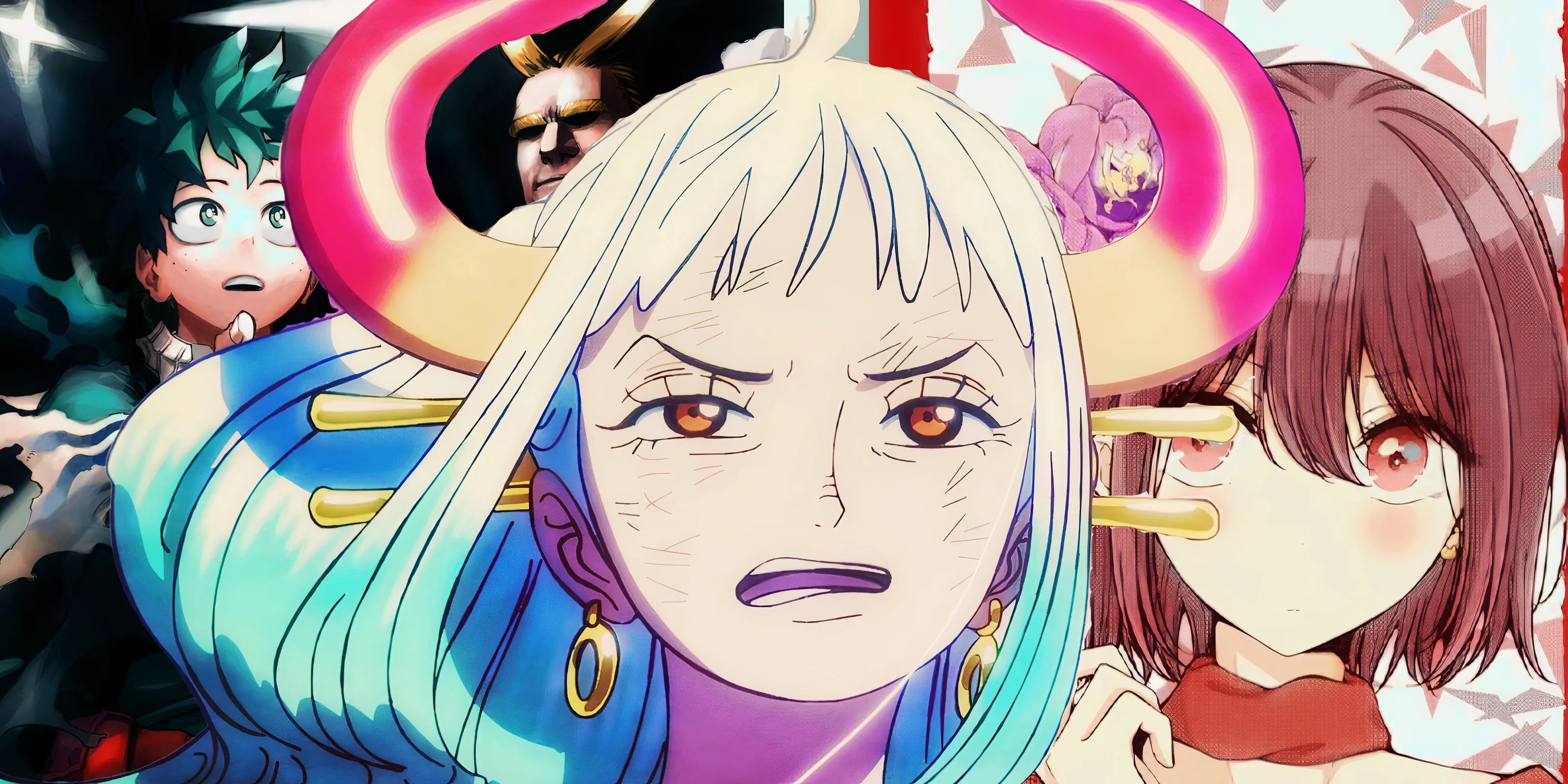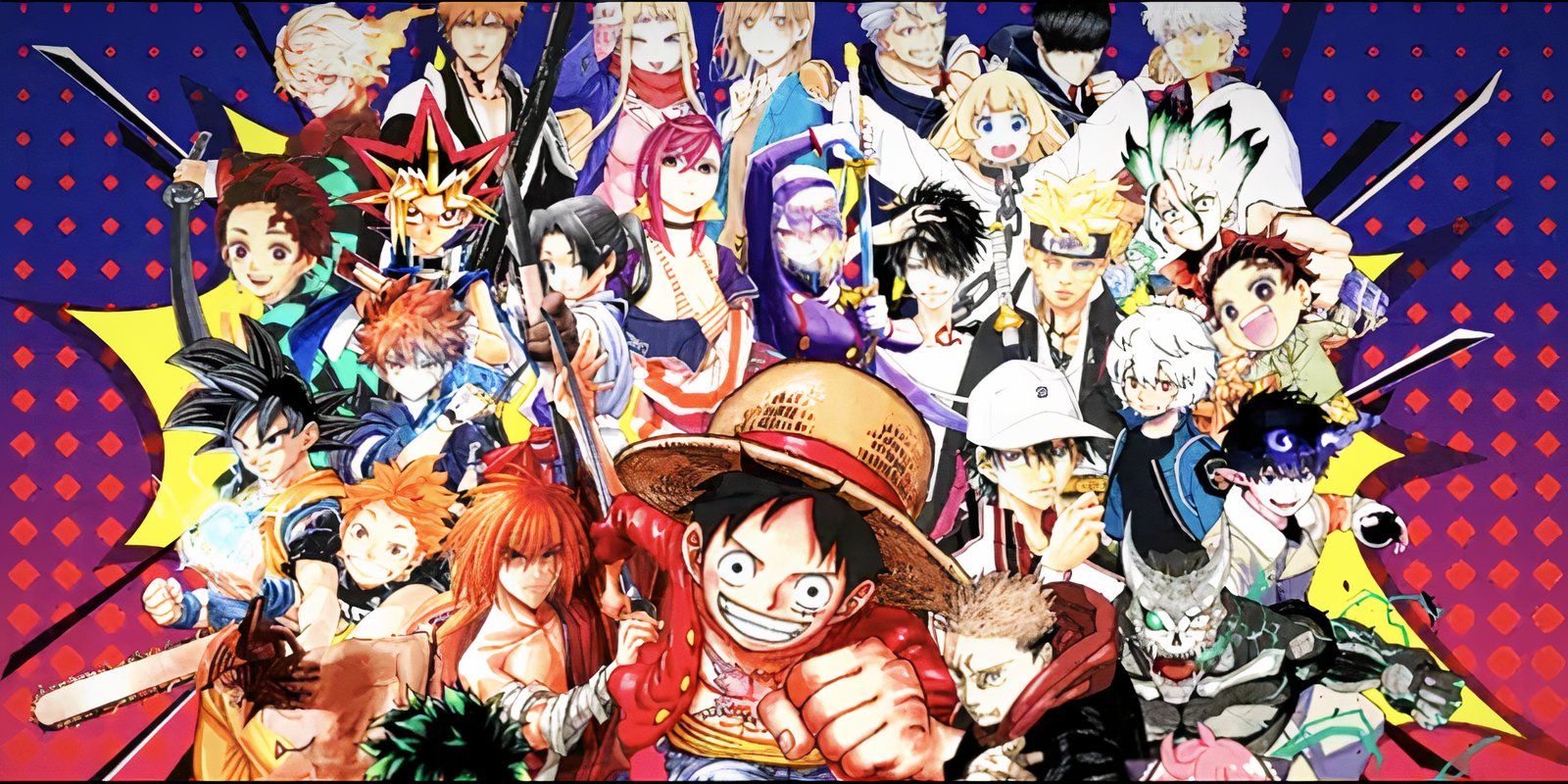
As much as people like to focus on anime’s growth in recent years, manga has grown just as much, if not more. Sales figures are at all-time highs worldwide, and with how much simulpubs have taken off, the days of manga piracy are all but dead outside of a few noteworthy examples, making it easier than ever for people to read almost any manga they want.
Manga has only gotten bigger in recent years, and so has the toxicity surrounding it, specifically translations. With manga being as big as it is, there’s an increased need for translations to be as accurate to the original Japanese as possible, and because of that, anytime an official manga translation makes what people see as a major deviation from the original text, the translator will be met with an incredible amount of backlash. The entire issue surrounding translations is complicated for various reasons, but the fact that harassment even factors into things at all is nonetheless disappointing.
Manga Translators Are Getting Harassed For The Stupidest Of Reasons
Why Harassing Manga Translators Makes No Sense
io9 recently interviewed professional translators Stephen Paul, David Evelyn, and Casey Loe about the various challenges of their profession, and sure enough, harassment was a major topic. Paul, for example, spoke about the heavy discourse surrounding his translations of One Piece, specifically citing the issue of Yamato’s gender, and he even discussed how My Hero Academia’s Caleb Cook had to leave social media due to frequent harassment. Evelyn also mentioned how some publishers tell their translators not to interact with fans, so it’s clear that manga translators are facing an incredible amount of harassment for how they do their jobs.
Yamato is referred to exclusively as male in the English manga, but he’s referred to as female in additional sources in Japanese media, which makes his gender an ongoing debate among fans.
What makes the harassment translators face even worse is how misguided it often is. For starters, while manga chapters and volumes will typically only credit a single person for translations, David Evelyn notes that it’s always a team effort with multiple people working on a single project, so blaming a single person for what someone perceives as a bad translation is always in bad faith because it’s never solely on their shoulders.
Another major issue is the one surrounding scanlations. Many people opt for scanlations so they can read chapters as soon as possible or, in many cases, when it takes too long for English translations to come out, and because those will be the first translations people read, official translations will get criticized for not matching them. According to Stephen Paul, however, official translations are made well before the chapters are released, so criticizing official translations because they come out after scanlations is disingenuous because they’re not allowed to come out early and because they’re not inherently inferior because of timing.
Anime & Manga Fans’ Criticism Of Official Translations Doesn’t Come From Nowhere
Not Every Criticism Of Manga Translations Is Without Merit
As overblown as the harassment translators receive for their work can be, what makes things complicated is how it doesn’t come from nowhere. Jujutsu Kaisen’s official English translation, for example, was highly criticized not just for how stiff the dialogue often was, but for how often it blatantly mistranslated things, especially in the dialogue-heavy final arc. Naturally, head translator John Werry didn’t deserve to be harassed for his work, but at the same time, the criticisms levied at Jujutsu Kaisen’s official English translation were at least partially justified by how often they grossly misrepresented the source material.
Notable examples of mistranslations in Jujutsu Kaisen include the “Nah, I’d win” line coming about from a revision, the final arc repeatedly mixing up Shrine, Malevolent Shrine, and Mahoraga, and Gojo saying that the Six Eyes prevented him from using Black Flash when he was supposed to say that having the Six Eyes didn’t mean he could use consecutive Black Flashes.
Another issue is the rare cases where a translation appears to be pushing an agenda. While most cases of such are people looking too deep into things, there are examples that are impossible to deny, like how Seven Seas Entertainment’s I Think I Turned My Childhood Friend Into a Girl originally wrote the protagonist as a trans woman instead of a crossdresser, something the translator vehemently insisted was right. Anime and manga translations still occasionally have their translations muddied by people inserting their personal biases into the dialogue, and that makes it hard to write off fan disgruntlement as baseless.
Regarding Seven Seas, they’re also one of the biggest of another major issue people have with official translations: censorship. Seven Seas has a history of cutting out entire paragraphs of dialogue from their light novels, and it once got so bad that the author of the yuri novel I’m in Love With the Villainness expressed her disappointment on X. That isn’t all on the translators, as they don’t get final say in the cuts, but regardless, Seven Seas’ poor handling of their light novels is a major reason why people are critical of official translations that’s hard to object to.
Is There A Way To Resolve The Discourse Surrounding Manga Translations?
Will Manga Fans Ever Be Completely Satisfied With Translations?
The discourse surrounding manga translations is impossible to ignore, and that, of course, invites the obvious question of whether it can be resolved. As long as piracy exists and people maintain misconceptions about how translations work, official translations will always draw criticism, but with there being examples of genuinely bad translations in modern day, it’s impossible to write all criticisms as baseless. The discourse surrounding manga translations won’t let up until fan attitudes improve and there’s more consistency on the professional side of things, and with how public manga discoure has become, that will hopefully happen sooner, rather than later.
Sources: Gizmodo, Bounding Into Comics, Anime News Network, Anime News Network.







